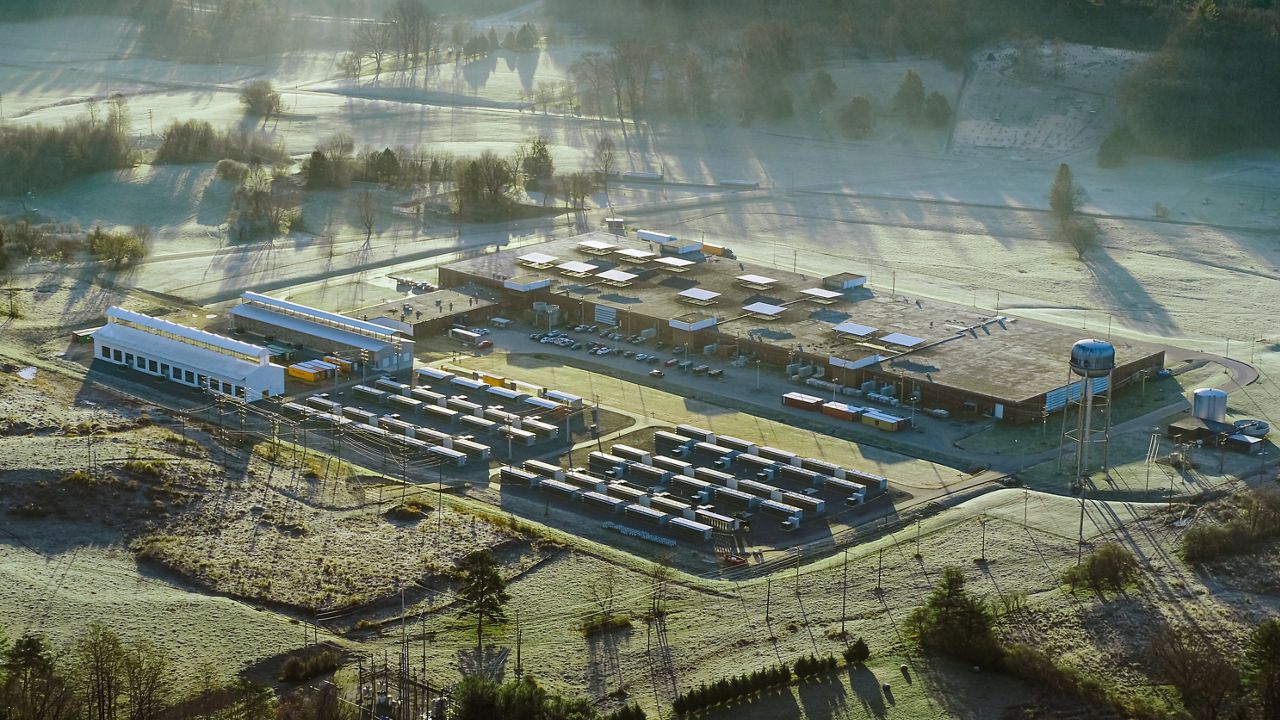Why it’s more than just the technology behind digital assets
As CTO for solutions at Rackspace technologyJeff is fanatical about helping people and businesses see more success with technology.
getty
Blockchain is seemingly everywhere these days. From new cryptocurrencies to potential uses in transferring information across countless industries, blockchain is gaining ground, making it important for business leaders, industries and regulators to better understand the technology and its promising applications.
And while blockchain has yet to achieve the kind of mainstream adoption predicted a few years ago, it has the potential to drive major digital transformational changes and create new opportunities across the business landscape – from banking and finance to infrastructure and healthcare.
In its simplest terms, blockchain is described by one author as “a distributed ledger that records transactions chronologically and publicly. The database is not stored in a single location; instead, it is shared across a network.” This allows for a high degree of control of information and transparency.
Unfortunately, there has been so much overheated rhetoric on all sides of the blockchain debate—from its proponents positioning it as the solution to all the world’s ills to critics disparaging it because of its associations with unsavory crypto-swindlers—that it has become increasingly difficult. to separate fact from fiction. Online searches for blockchain more often return terms like crypto, bitcoin, ledgers, and tokens, forcing newbies to throw up their hands and race down a rabbit hole of even more confusion.
In fact, Los Angeles-based consulting firm Vorhaus Advisors surveyed more than 2,000 consumers showing that only 1 in 4 (25%) of US adults have any idea what blockchain is. The same study also revealed 2 in 3 (62%) said blockchain is the same as cryptocurrency, and 48% said blockchain is the same as bitcoin.
Since blockchain is usually still only seen in the context of digital assets, people do not understand how it can be implemented or what it does. This has created a lot of fear, uncertainty and doubt about its use. This extends to all areas of industry and government where we find that this affects not only business, but also politics. In a very real sense, digital assets have obscured the understanding of what blockchain technology is, how it works and what it is good for.
The reality is that blockchain technology has the potential to radically change how businesses and individuals transfer goods and information, and some of that transformation is already taking place under our noses. Any industry where transactions require permanent registration and multi-party trust can potentially benefit from blockchain. In addition, it can significantly streamline paper-intensive industries that require an accounting book.
Let’s take a closer look at three real blockchain use cases that really drive home how adaptable, ubiquitous and transformative it can be.
Finance And Banking
No industry has been the subject of more blockchain hype than finance and banking, and for good reason. It is an industry that is entirely transaction driven. To use just one example, consider a traditionally paper-driven function like letters of guarantee – documents issued by a bank that ensure suppliers will be paid for the goods or services they provide in the event the payer is unable to pay. The blockchain can transform the traditional letter of guarantee into a completely paperless, digitized and transparent process, helping to eliminate fraud and counterfeiting since the blockchain network is secured by the weight of the institution behind it.
Blockchain can also help with KYC (know your customer) requests. As a Deloitte article notes, “A blockchain-based registry would not only de-duplicate the effort of performing KYC checks, but the ledger would also enable encrypted updates to client details to be distributed to all banks in near real-time.”
Reimagining Healthcare
The sudden need for remote health care and other medical-related practices due to the pandemic has shifted the focus to delivering clinical care in a virtual or data-driven manner. As a result, the array of blockchain applications in healthcare is rapidly shaping the future of how care is delivered and the capabilities and tools physicians have at their fingertips.
For example, sharing patients’ electronic health records (EHR) has long been fraught with inefficiencies and duplication. Think about how many times you’ve had to ask one doctor to share physical health records with another — or how many times you’ve had to fill out the identical paper form at every doctor’s visit. There have been a handful of different studies conducted that show the promise of blockchain in this capacity.
Cattle 2.0
It may not be the first industry that comes to mind when you think of blockchain, but the cattle industry is another that is ripe for disruption. Historically, validating health, age, location and vaccination records for cattle has been done the old-fashioned way: on analog ledgers. But blockchain can bring traceability and transparency to the industry, allowing producers to track animals throughout their lifetime in real time, including inventory management, health management and origin verification. We are going to see more and more technology companies enter this space, including the partnership between Blockapps and Genesis-Blockchain.
As these three examples show, blockchain is about much more than crypto. In fact, it could be the key to transforming inefficient processes across the industry spectrum.
The Forbes Technology Council is an invitation-only community for world-class CIOs, CTOs and technology leaders. Am I eligible?


